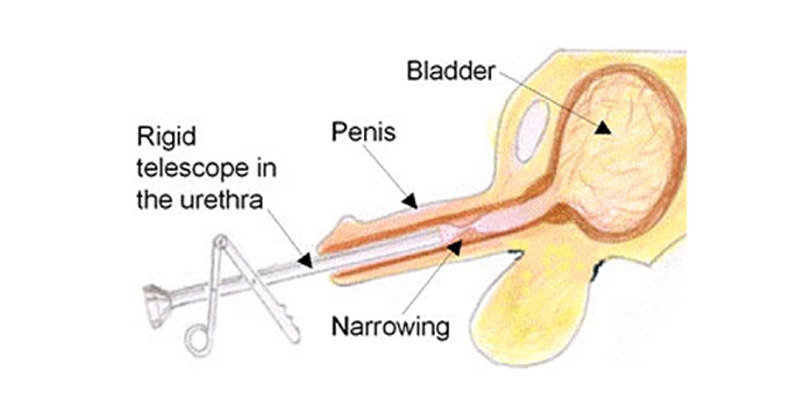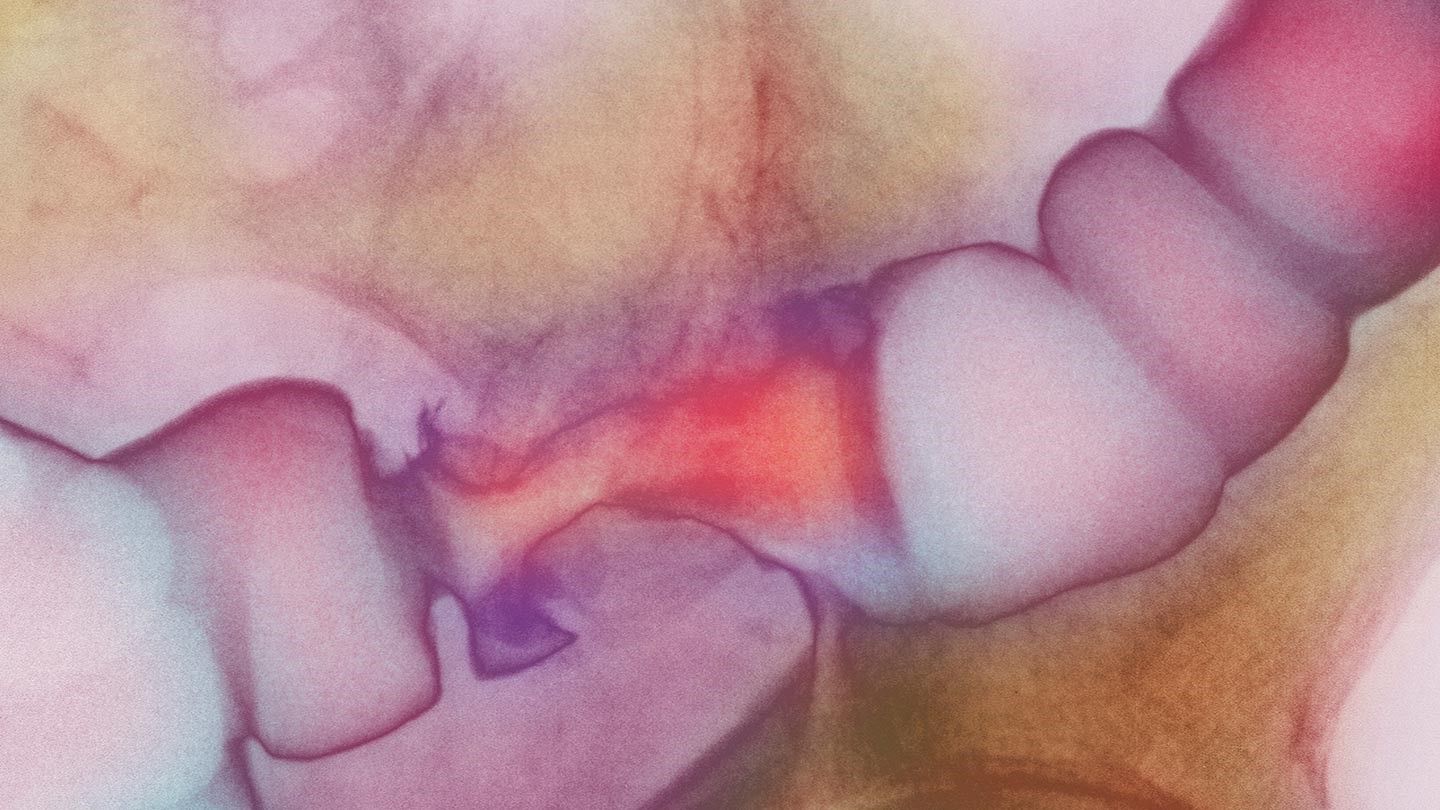
If you have experienced the excruciating pain of a ruptured or bleeding esophageal stricture, you likely know that it is a terrible experience. Although this condition can be life-threatening, it doesn't have to be a lifetime issue.
Esophageal strictures are basically narrow, airtight "holes" in the esophagus caused by damage to the muscular lining of the esophagus, often by a tumor. In rare cases, the cause may be an abnormal growth in the throat (tumor) or abnormally rapid emptying of the stomach (cheilitis).
Certain medications (e.g. antibiotics) may also result in the development of this condition, as can ulcers and tumors in the esophagus caused by cancer, Lupus, and HIV
As with any medical research, there are no guarantees when it comes to treating this condition. There are a few treatments available, including surgery, drugs (NSAIDs), and natural remedies. The most common treatment for esophageal strictures involves surgery, which involves either removing the esophagus or repairing it after the stricture has healed.
As with any surgical procedure, you should be very aware of your current medical history. You should ask for a copy of your recent medical exam, including details on any medications you are currently taking, and any changes to your medical history over the last year. You should also discuss your symptoms and what you expect to be involved in the surgery, especially if you have had surgery in the past.
Especal stent or stenture is a surgical procedure for eliminating a narrowing of the esophageal passage through the lower portion of the throat. This is used as a preventative measure to help prevent the development of a narrowing in the throat, or as a treatment for existing strictures. Stenture uses a small plastic tube (stent) that is placed in the esophagus, allowing for greater mobility of the valve.
Another type of surgery commonly used to treat this condition is referred to as endoscopic surgery. This type of surgery involves the insertion of special devices into the throat (or esophagus) in order to remove, or at least reduce, the symptoms associated with a stricture. and to ease the symptoms that can accompany the stricture. The most common surgery performed to treat this condition is the surgical removal of a portion of the esophagus.

Some people who have undergone esophageal stricture surgery have reported relief of their symptoms within a few days of the procedure. However, more research and time must be devoted to this condition before definite conclusions can be reached.
If you are thinking about having an esophageal stricture performed, make sure that the doctor performing the procedure is an expert in this area. It may be possible to choose a doctor based on reputation, but it is still best to do some research and make sure that the doctor is well qualified and skilled. prior to choosing a physician. Also, before choosing a doctor or dentist, be sure to read reviews and opinions regarding the services rendered by other patients.
The doctor may recommend some type of medication as well as surgery, depending on the severity of the condition. These medications can be used to reduce pain, relieve discomfort and also aid in the healing process of the esophagus.
Many people who suffer from this condition find relief with natural methods. These people often report that herbal teas and other natural ingredients can be very effective at treating the symptoms associated with esophageal stricture. They also note that many times, drinking large amounts of water helps to relax and sooth the irritated lining of the esophagus.
Esophageal strictures can be treated with diet and lifestyle changes. Avoid spicy foods, alcohol and fatty foods, which are known to irritate the lining of the esophagus. Drink plenty of water daily. Taking daily multivitamins and other dietary supplements can also aid in relieving some of the symptoms of this condition.
Drink plenty of water, especially after meals. Eat a diet full of fruits and vegetables, which are known to strengthen the esophagus and decrease its chances of becoming affected by food particles that can lead to stricture development. It is important to avoid eating foods that contain refined sugars and processed foods, such as white flour products, and those with high amounts of salt. sugar, salt and processed foods can all contribute to developing an esophageal stricture and should be avoided.
